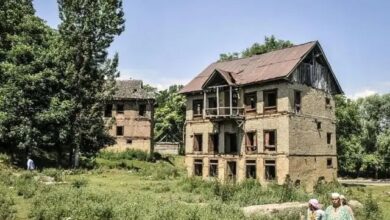Legal opinions over legitimacy of Germany’s lignite compensation vary widely
Clean Energy Wire
Legal and energy experts have debated the planned 4.34 billion euros in compensation payments for Germany’s lignite plant operators to close their plants by 2038 in a parliamentary hearing, with opinions over the sum’s legitimacy diverging significantly.
Lawyer Bernd Dammert told the committee on economic affairs and energy that the contract with operators RWE and LEAG would ensure that taxpayers don’t have to expect any subsequent expenses arising from renaturation. Martin Herrmann from the Saxon Mining Office argued that the payments would not only cover compensation for expropriating operator companies but are part of a “general solution” that includes all financial damages associated with shutting down lignite plants “early.” Lawyer Ida Westphal criticised a lack of transparency in determining the compensation payments’ amount, arguing that the proposed draft contract between the state and the companies would give the latter much stronger influence over the process. The contract would “cement” the exit procedure many climate researchers regard as too slow to comply with Germany’s emissions reduction targets. Analyst Hanns Koenig of Aurora Energy Research said there are no official expert opinions that would legitimise the payment’s total amount or the allocation between the companies, adding that it is unclear how reducing the volume of mined lignite translates into more than four billion euros for the operators.
In a mailed statement, environmental NGO Greenpeace said the hearing would mostly make clear that a key concern of climate activists regarding the coal phase-out is justified, namely that the scheduled decommissioning procedure “saves almost no CO2 and probably would happen faster without this contract.” Greenpeace’s Karsten Smid said the government must no longer make a secret of how the sum was determined, cautioning that it could amount to “a gigantic squandering of tax money.”
The compensation payments that are supposed to be fixed in a public-private contract are part of Germany’s wider coal exit efforts, which had been legally sealed in July 2020. A draft of the contract stipulates how the funds will have to be used to restore the landscape after mining has finished.







